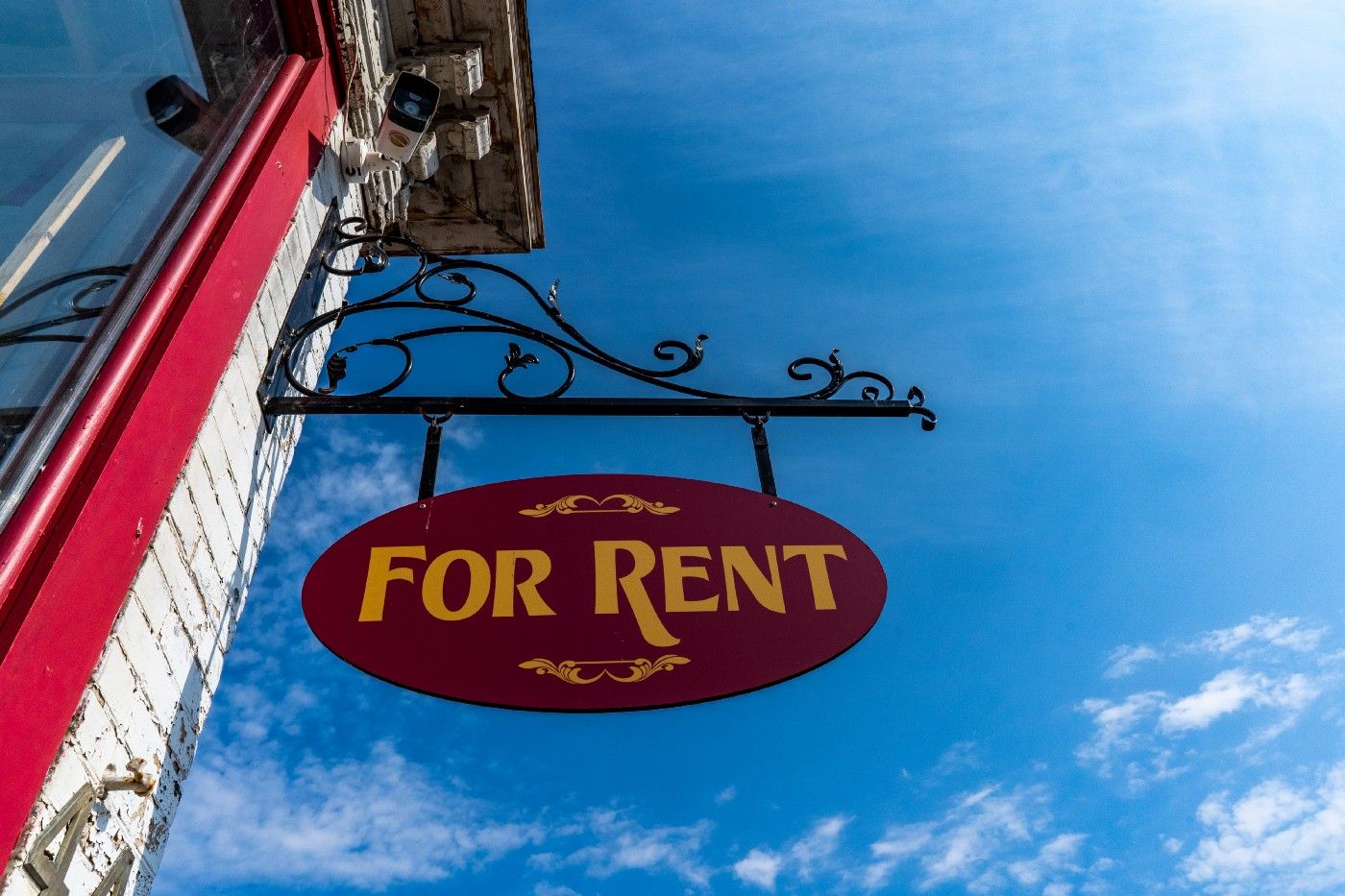[DAO 101 #6] 3 Common Signs of Governance Failure in DAOs
In the previous article: Collective Action is the Power of DAO's Advancement , it was mentioned that DAO operators should carefully guide members to produce collective actions and create a good impact and cycle. However, on the other hand, on the bad side, there is no need for someone to guide, it may slowly breed and emerge by luck, and as a result, DAO members may have collective corruption.
In the Matters platform, I noticed that under the category #DAO, there are also many people who have many different opinions on the operation mode of LikeCoin. Generally speaking, these opinions are centered on doubts about decentralized governance. This doubt may There is a bit of truth, and it may be excessive accusation. How to treat the governance situation is that this article can give you a little structure to follow and think about.
First of all, in DAO, governance can be roughly simplified into "proposal" and "voting", and the power of this proposal and voting is often related to the tokens and NFTs held by DAO members.

Generally speaking, the beginning of corruption often comes from the Whale Majority (The Whale Majority, which holds a large proportion of DAO tokens), due to their overwhelming dominance in proposals and voting, it will cause members who hold a small number of tokens. exploited. This causes other DAO members to become more apathetic to voting, or to join a group of whales in the majority, so corruption starts to spread.
This corruption may not be obvious, but subtly produce some signs and signs, so DAO operators must pay more attention:
- Rent-Seeking Corruption
- Overemphasize Token Price
- Elite Rule
rent-seeking corruption
Rent-seeking corruption not only occurs in DAOs, it is also a phenomenon of corruption that commonly exists in various organizations. This kind of corruption is reflected in:
- Price control: By deliberately controlling some governance parameters, the price of DAO's tokens or NFTs continues to rise for no reason, and the funds obtained are divided among members.
- Concessionary Rights: Profit from the sale of some licensing rights related to the DAO.
- High tax rate: Earn high profits through tax rate design in some DAOs (Grant subsidy tax, token bid-ask spread tax).
- Preferential policies for specific minorities: Through some proposals, some preferential plans for DAO expenses are given to minorities.
- Collusion between officials and businessmen: The governance class arranges for them to apply for some subsidies and incentive activities of DAO through some relatives and friends, and draws commissions from them.
Rent-seeking corruption is based on a fundamental question: "Can we let the chairman of the company's welfare committee be the chairman?" Web3.0 has valuable influence, but it killed the chicken because of corruption, and let DAO members divide the chicken.
It must be noted that rent-seeking corruption is a situation that may be gradually accepted silently by most DAO members, because everyone may gain benefits, but it will not help the development of DAO much.

Overemphasis on token price rises
Some might say that I make money through something like rent-seeking corruption, but I don't share the money, I keep it in the DAO treasury, or use the money I make to drive up the price of the token , so you shouldn't speak ill of me, right? The rise of the token is at least helpful for the development of the DAO in the long run.
But as I mentioned in my previous article The Social Token Paradox (STP) Governance Tokens come at a price As mentioned in the article, excessively raising the price of tokens will only cause the exclusivity of DAO to increase. Instead, go back and see that your DAO is not worth the money at all, which will only make DAO in a dilemma in the end.
Too much emphasis on rising token prices is often synonymous with rent-seeking corruption, so this is worthy of special attention by DAO operators.
Elite Rule
The governance of elite will is the root cause of rent-seeking corruption and over-emphasis on token price rise, two signs of governance failure. But this corruption is not about "money and interests", this corruption comes from "people and people".
Since the DAO demands decentralized governance, even if a few people from the founding team are mainly operating in the initial stage, it should gradually move towards decentralization. However, a negative situation is that in the process of DAO's development, the high-level governance may think that they are the most correct and cannot accept any negative voices, so they strengthen their governance power through various proposals and voting.
The note causes DAO members to start (1) apathy when it comes to proposals and votes: they feel that they cannot influence the outcome. (2) Free-rider: Let others decide and vote for yourself. This exposes the DAO system to the threat of many governance attacks.
To avoid these three signs of governance failure, the solutions are usually:
- Restricted governance model : For example, I wrote a previous article on the DAO governance model of the separation of powers, which divides the governance rights into three powers that restrict each other.
- Non-token-driven governance : Through the design of the actual operation of some DAOs, we can design some internal group governances that not only rely on tokens, but also rely on your contributions in DAOs to give governance
- Bearing the cost of voting results : When the proposal is fully grasped and voted through, a certain percentage of the tokens and prestige of the main beneficiary members of the proposal are also detained, so that the rights are also paid at the same time.
If you are interested in managing possible corruption, you can read the following information:
Like my work? Don't forget to support and clap, let me know that you are with me on the road of creation. Keep this enthusiasm together!


- Author
- More